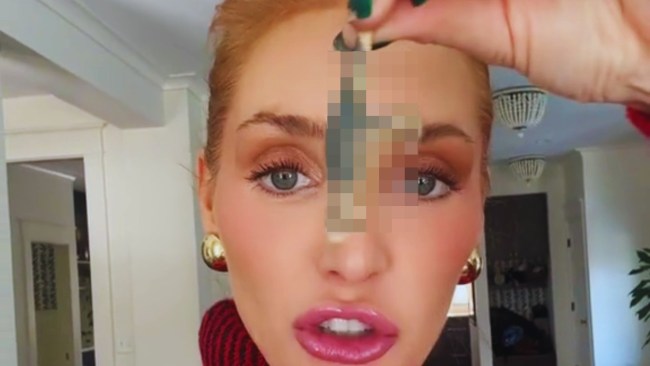My kids can do whatever they want with the money I give them
"And that includes making big mistakes."

Parenting
Don't miss out on the headlines from Parenting. Followed categories will be added to My News.
My twins are 14, and my daughter is 11, and I’m more than happy for them to spend their pocket money however they choose - including wasting it.
This is how they learn how money works. To teach kids about money they need to use it, try things out, spend it, save it and, at times, lose it.
Want to join the family? Sign up to our Kidspot newsletter for more stories like this.
"I made mistakes with money well into adulthood"
I made mistakes with money throughout my childhood and well into my adult life. I wasn’t given a solid financial education. I didn’t learn from the mistakes I made, and I continued making them again and again, just on a bigger (and more damaging) scale for many years.
Nobody explained to me the importance of compound interest. I always thought investing and saving were things I’d do later in life when I had more spare money.
Of course, my income and commitments increased, but so did my expenses. I didn’t realise the easiest (and most impactful) time to invest is early in your life before you own a house and have kids. Starting early with investing and saving gets you into positive habits that you can continue (and reap the rewards of) as your life evolves.
I want my kids to have a better financial education than I had, and I want them to make their financial mistakes young and learn from them quickly. I don’t see mistakes as a negative thing - mistakes are an opportunity for learning and growth.
Pocket money is proving to be a great teacher of financial education in our household.

RELATED: Mum allows son to spend $10 at canteen every day
"I won't warn them about mistakes"
We pay our kids a fixed fee of pocket money every week. 50% of it goes straight into a high interest savings account, and 50% goes onto their spending money cards which they can use however they like. If they do extra jobs around the house, they can earn more which can be paid into either their spending or saving pots, depending on their financial goals at the time.
I make a point of not wading in too heavily on their spending decisions, even when I think they’re making a terrible mistake. I do, however, encourage them to pause before hitting the buy button to make sure they actually want the thing they’re buying. Sometimes I will get them to hold back on a purchase for two days just to give them breathing space to work out if they really need or want the thing.
For instance, a voice changing app one of them wanted for $50 seemed like a big waste of money to me, but to him it was so important as it added fun to his online gaming. What can you do?! Two days later, he bought it and it has made him very happy so in his eyes it was a worthy investment. I’m just happy he spent some time thinking about it before rushing in.
This is their opportunity to learn about money (and make mistakes with it) in a safe way, when the stakes are low.
Introducing our new podcast: Mum Club! Listen and subscribe wherever you get your podcasts so you never miss an episode.
We are also regimented about money
BORROWING MONEY: When we went on holiday last summer all three kids conveniently forgot to pack their pocket money spending cards, yet they all wanted to buy souvenirs while we were away.
We set up an IOU system where we took notes of all of their purchases and worked out how many weeks they’d need to skip the spending portion of their pocket money to pay it back. Our daughter bought so many toys and keyrings and quickly regretted it.
Borrowing money is fun when you’re spending but you have to be prepared to pay it all back one day! It was a powerful lesson.
ONLINE SHOPPING: We had an issue recently where one of our boys had ordered multiple things online thinking he was using his own spending card but his digital wallet also had my debit card attached. I quickly realised he’d bought a heap of Robux (Roblox currency for those not in the know), and had somehow subscribed to a random $30 a month VPN service by accident on my card.
Together we were able to cancel and submit a refund request for the VPN. Then we worked out how much he owed me for the Robux which involved him skipping the spending portion of his pocket month for a couple of months.
It was a huge life lesson for him.
He learnt how easy it is to buy things accidentally with one click, and it taught him not to stick his head in the sand and hope the mistake goes away just because he’s deleted the confirmation emails! It also made him swear off Roblox spending as it makes his money disappear too quickly and leaves him with nothing to show for it.

RELATED: ‘Have I expected too much of my 13 year old?’
"Better financial lessons than I had"
It’s all a learning curve. Mistakes will be made and that is good providing we talk about them, and they understand what happened so they can avoid it happening again. Skipping past these learning opportunities and letting them off every mistake robs them of the chance to learn something valuable.
The best time to make financial mistakes is while you are young. You have plenty more time ahead of you to make that money back.
My kids are already decades ahead of where I was at their age and I'm so grateful for that.
More Coverage
Originally published as My kids can do whatever they want with the money I give them




